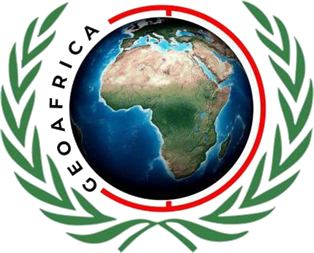Socio-economic, Social Impact Studies Department
What We Do
Socio-economic and social impact studies department carries out socio-economic projects among the followings:
Social Impact Assessment (SIA)
Social Impact Assessment (SIA) assesses the dependence of communities on natural resources (fishing, farming and hunting) for sustenance and income-generation. Records of chieftaincy matters and traditional power structure, land ownership system, customs on bush/farm work; festivals; etc are documented during an SIA. Natural resources to be disturbed (e.g., habitat, water way; etc) are also described during the study. Social impacts are assessed based on structural and decision-focused scoping, profiling using social indicator and systems approach. Social impact mitigation measures (e.g., compensation and socially acceptable alternatives), exogenous change in income, employment, fiscal revenue, population and structure of economy are discussed in SIA. Impacts of projects to land use pattern and economic status of the people of the area are assessed. Mitigation measures and environmental management plan (EMP) for envisaged social impacts are recommended outcome of a social impact study.
Regulatory Advise
Regulatory advise is given professional counsel to a project proponent on the regulatory requirements applicable to a proposed project, advising on the level of compliance of the client to applicable and relevant regulatory requirements for an existing operation or project activity, and monitoring the compliance of an operation to applicable regulatory requirements.
Socio-Economic Baseline Surveys
Socio-economic baseline surveys involve an inventory of quantitative and qualitative data on the socio-economy, health, and cultural aspects of the environment before the commencement of any development project. The dependence of communities on natural resources (fishing, farming and hunting) for sustenance and income-generation is evaluated during this survey. Records of chieftaincy matters and traditional power structure, land ownership system, customs on bush/farm work; festivals; etc are also documented during the survey. Natural resources to be disturbed (e.g., habitat, water way; etc) are also described during the study.
Learn From Industry Leaders
Lorem ipsum dolor sit amet, consectetur adipiscing elit. Ut elit tellus, luctus nec ullamcorper.
Learn at Your Own Pace
Lorem ipsum dolor sit amet, consectetur adipiscing elit. Ut elit tellus, luctus nec ullamcorper.
Professional Certification
Lorem ipsum dolor sit amet, consectetur adipiscing elit. Ut elit tellus, luctus nec ullamcorper.
